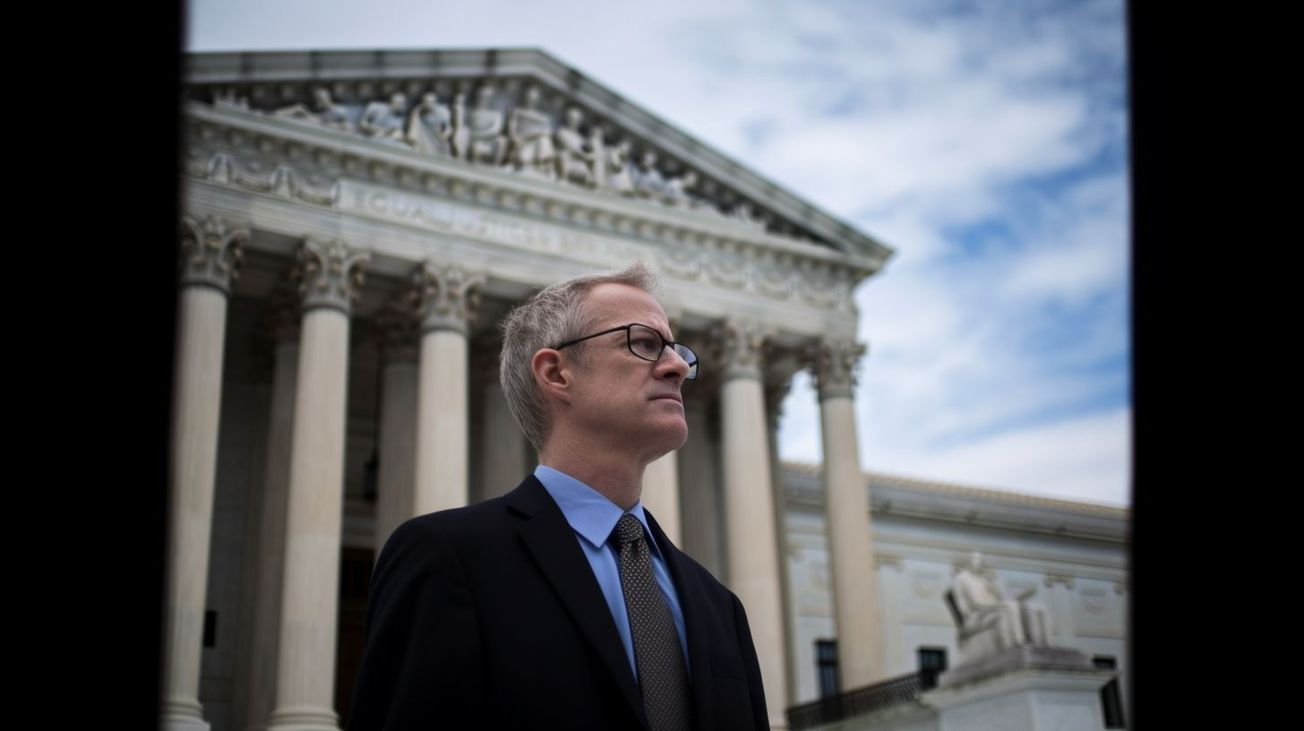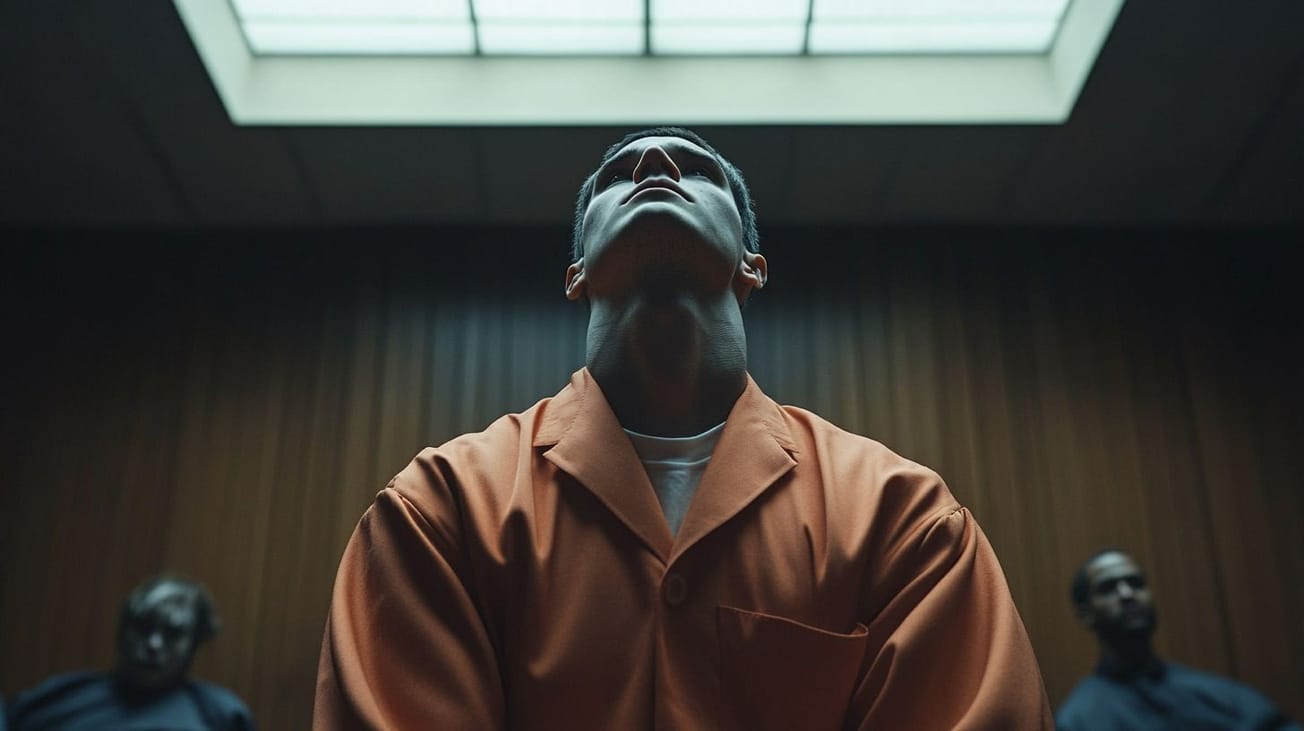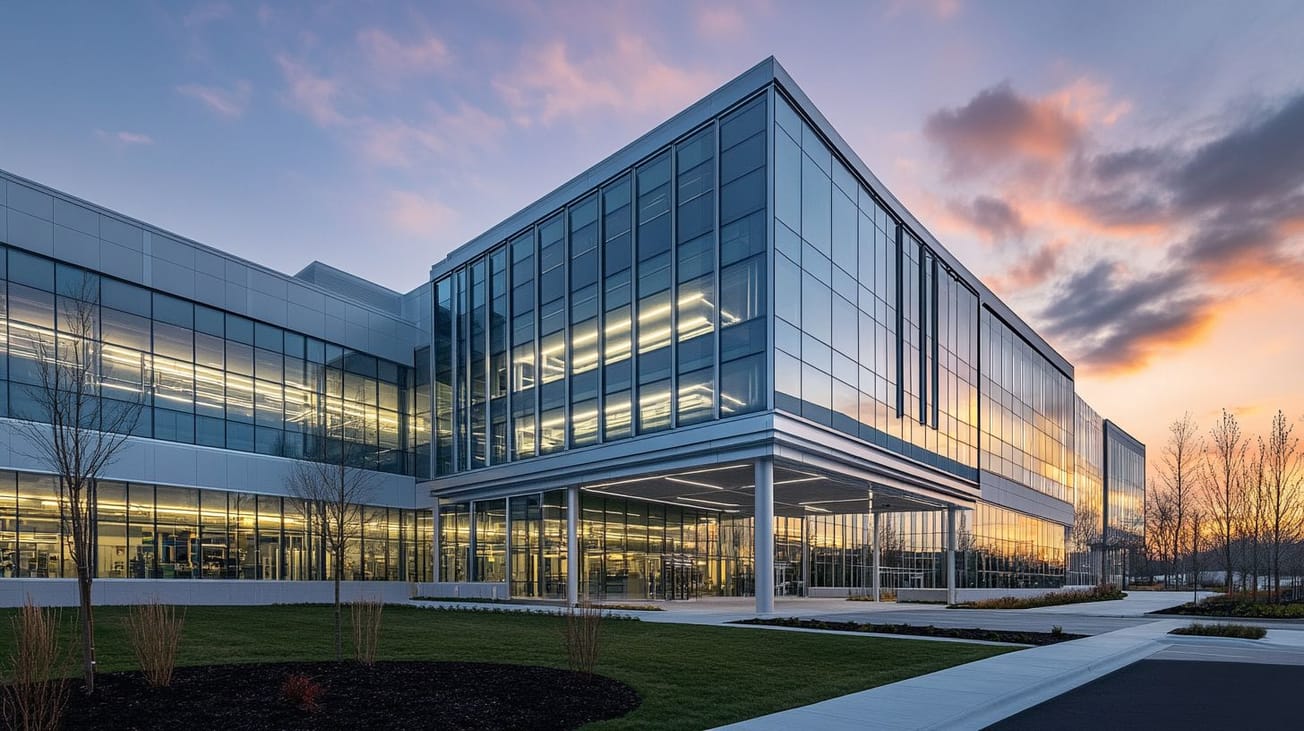The Supreme Court heard arguments on Tuesday in a case that could potentially expand the rights of workers seeking accommodations from employers due to their religious beliefs. The case involves an evangelical Christian mail carrier, Richard Groff, who asked not to work on Sundays due to his religious beliefs. His managers arranged for other postal workers to deliver packages until July 2018 when the USPS suggested he choose a different day to observe Sabbath.
The issue at hand is whether or not Trans World Airlines v. Hardison - a 1977 Supreme Court ruling making it difficult for employers and employees alike seeking religious accommodation- should be overturned or clarified by this current hearing's decision instead.
Representing the government side of things was Solicitor General Elizabeth Prelogar who argued changing "undue hardship" standards were better left as policy questions rather than judicial ones.
Justices expressed concerns about upending decades-old precedent if they overturn TWA vs Hardison during deliberation while also showing concern over how much power would shift towards either employer or employee depending upon which way they rule out any changes made within these laws governing workplace practices concerning religion-based requests such as those brought forth via Mr.Groff’s request here today.
It seems like Muslim women have often suffered because of past legal precedents favoring companies' interests more heavily; CAIR has been involved with several cases where hijabs worn by female employees caused conflicts between them & management teams across various industries nationwide since then too!
This particular court session follows last June's landmark ruling stating schools providing faith instruction cannot be excluded from tuition assistance programs offered through state-funded institutions after Maine tried doing just that earlier in March '23 (which didn't go well).
While some justices seemed sympathetic toward Groff's situation and even discussed possible solutions outside traditional litigation channels (such as mediation), others felt strongly enough about maintaining existing law frameworks without alteration whatsoever regardless of individual circumstances presented before them now--meaning no new policies are likely to emerge from this hearing.
The Supreme Court's decision on the case could have far-reaching implications for workers seeking religious accommodations in their workplaces. If Groff wins, it would be yet another ruling expanding religious rights--something that has been happening more frequently recently at the highest level of US courts.
Former mail carrier's case for religious accommodation gains traction in Supreme Court
The Supreme Court heard arguments on Tuesday in a case that could potentially expand the rights of workers seeking accommodations from employers due to their religious beliefs.





